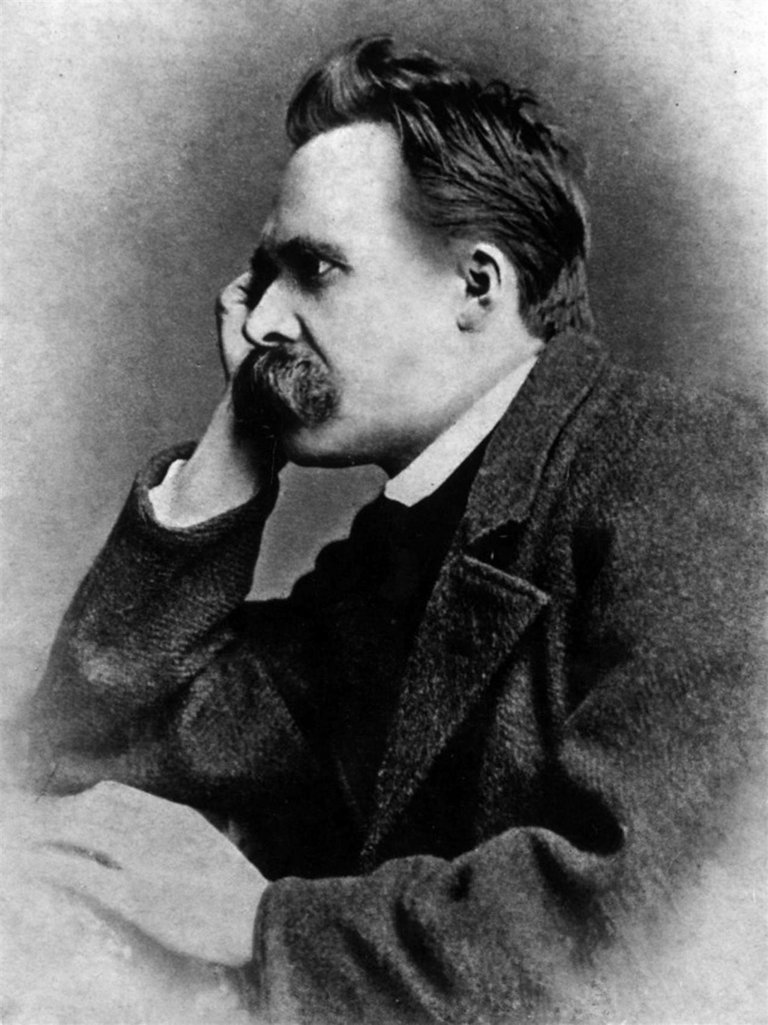
Purpose
In this post I will give my own summary and interpretation of the first paragraph, quoted below, from Beyond Good and Evil by Friedrich Nietzsche. The goal is to elucidate my own understanding of these sometimes complex writings as well as to invite further discussion in the comments below. Note that this is my own interpretation and I welcome any contrarian or further interpretations in the comments below.
Paragraph No. 1 Quotation
- The Will to Truth, which is to tempt us to many a hazardous enterprise, the famous Truthfulness of which all philosophers have hitherto spoken with respect, what questions has this Will to Truth not laid before us! What strange, perplexing, questionable questions! It is already a long story; yet it seems as if it were hardly commenced. Is it any wonder if we at last grow distrustful, lose patience, and turn impatiently away? That this Sphinx teaches us at last to ask questions ourselves? WHO is it really that puts questions to us here? WHAT really is this "Will to Truth" in us? In fact we made a long halt at the question as to the origin of this Will—until at last we came to an absolute standstill before a yet more fundamental question. We inquired about the VALUE of this Will. Granted that we want the truth: WHY NOT RATHER untruth? And uncertainty? Even ignorance? The problem of the value of truth presented itself before us—or was it we who presented ourselves before the problem? Which of us is the Oedipus here? Which the Sphinx? It would seem to be a rendezvous of questions and notes of interrogation. And could it be believed that it at last seems to us as if the problem had never been propounded before, as if we were the first to discern it, get a sight of it, and RISK RAISING it? For there is risk in raising it, perhaps there is no greater risk.
Summary and Interpretation
One of the key concepts that philosophers are interested in is the idea of truth. In this paragraph Nietzsche describes this pursuit of truth with the term Will to Truth and raises several important questions about it.
An important point that Nietzsche makes about the Will to Truth is that there might be some sort of risk is trying to understand what truth is. He states that little progress has been made in the pursuance of truth even though philosophers have studied this topic for a very long period of time.
He makes the point that this constant pursuit of truth has led to the asking of questions that are strange and would never be asked by an ordinary individual living their life. This seems to lead in to some sort of circle where little or no progress is made in understanding truth. He makes the point that it is not even clear whether truth is something that existed before we started asking questions about it or whether truth is something that arose out of our own questioning of life.
This leads to what he says is an even more basic question about the value of truth. He questions the premise that truth should be the ultimate aim of philosophy. Why should we care about truth in the first place? Maybe instead we should be placing our focus on other areas of understanding. In this paragraph Nietzsche undermines some of the fundamental tenets of a rationalistic philosophy and alludes to the fact that they might even be hazardous. Besides the few explanations given above he does not yet give us the real risks of such an approach to philosophy but I imagine this will be described in further detail throughout the book.
You have been upvoted by the @sndbox-alpha! Our curation team is currently formed by @anomadsoul, @GuyFawkes4-20, @martibis and @fingersik. We are seeking posts of the highest quality and we deem your endeavour as one of them. If you want to get to know more, feel free to check our blog.
This is a courtesy of @fingersik
Thanks